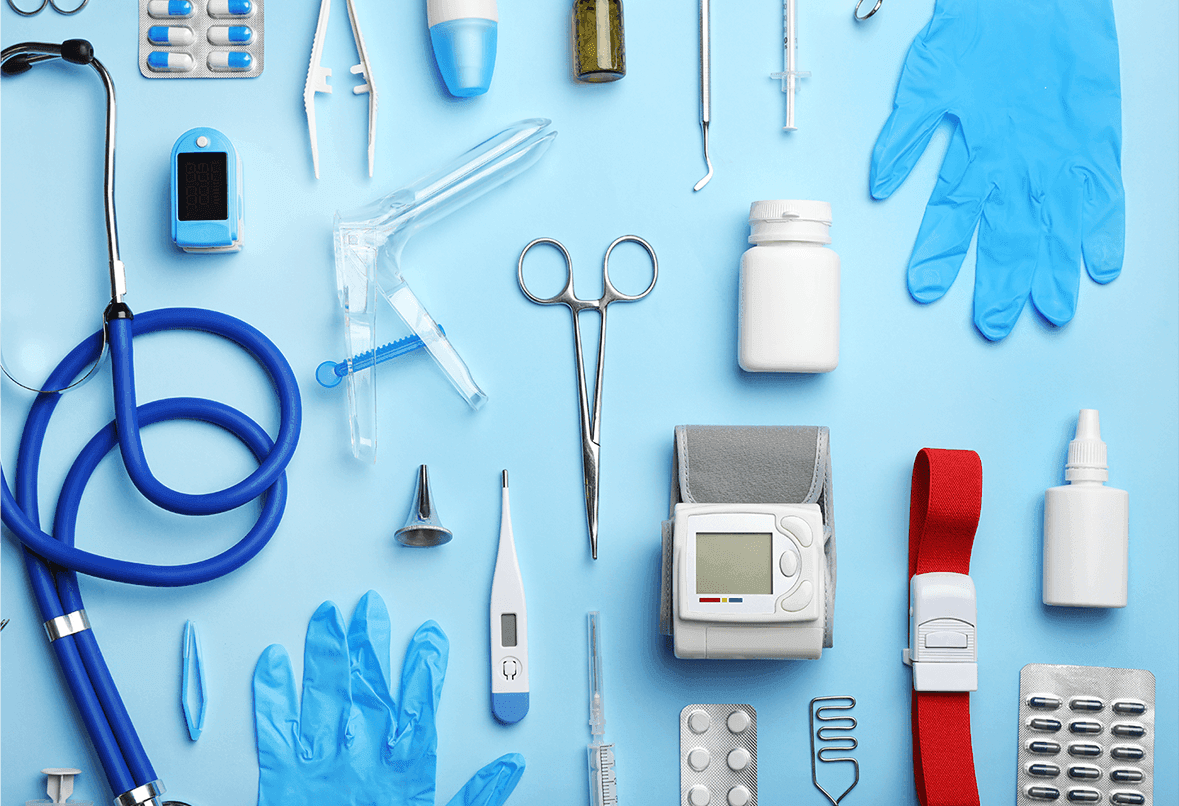Introduction
Accidents and sudden illnesses can happen at any time. Whether it’s a minor cut, a headache, or a more serious emergency, having essential medical supplies at home can make all the difference. A well-stocked first aid kit ensures you’re prepared to handle common injuries and health issues quickly and efficiently.
Beyond minor injuries, having medical supplies can be crucial in situations where immediate professional care is not available. Natural disasters, power outages, or travel restrictions can leave families temporarily isolated, making self-care even more important.
Why Every Home Needs a First Aid Kit
A properly equipped medical kit is your first line of defense in emergencies. It can help stabilize a condition before professional medical assistance arrives, prevent infections, and even save lives in severe cases. Being prepared gives you peace of mind and allows you to act promptly in critical situations.
Having a medical kit also reduces the need for frequent visits to the doctor for minor injuries, saving time and medical expenses. Moreover, a well-prepared household ensures that everyone—from children to elderly family members—receives immediate care when needed.
Essential Medical Supplies You Should Have
1. Bandages and Gauze
Cuts, scrapes, and wounds happen frequently. Keeping a variety of bandages (adhesive strips, gauze pads, and roller bandages) ensures you can properly dress wounds to stop bleeding and prevent infection. Larger wounds may require sterile gauze and medical tape for proper coverage.
2. Antiseptic Wipes and Solutions
Cleaning wounds immediately reduces the risk of infection. Antiseptic wipes, hydrogen peroxide, or iodine solutions are essential for disinfecting cuts and scrapes. Alcohol wipes can also be useful for sterilizing medical tools before use.
3. Pain Relievers and Fever Medications
Over-the-counter medications like acetaminophen, ibuprofen, and aspirin help manage pain, inflammation, and fever. Having them on hand can be crucial for sudden headaches, muscle pain, or colds. In households with children, liquid fever reducers such as infant acetaminophen should also be included.
4. Thermometer
A fever is often the first sign of an illness. A digital or infrared thermometer helps monitor body temperature accurately, making it easier to determine when medical attention is needed. Having a backup battery or manual thermometer ensures reliability.
5. Tweezers and Scissors
Tweezers help remove splinters, debris, or ticks, while scissors are necessary for cutting bandages, tape, or clothing in emergencies. Fine-point tweezers are especially useful for handling delicate medical tasks.
6. Adhesive Tape and Sterile Dressings
Medical tape secures bandages, while sterile dressings provide additional wound protection, preventing contamination and promoting healing. Adhesive sutures or butterfly stitches can also be useful for closing small wounds.
7. Disposable Gloves
Wearing gloves while treating wounds prevents the spread of infections and keeps the area sterile. They are particularly useful when handling bodily fluids. Ensure you have non-latex options available for those with latex allergies.
8. Cold and Hot Packs
Instant cold packs reduce swelling from sprains, bruises, and burns, while heat packs help alleviate muscle pain and stiffness. Keeping reusable gel packs in the freezer allows for quick application.
9. Allergy Medications and EpiPen (if necessary)
Antihistamines help manage allergic reactions, while an EpiPen is essential for severe allergic emergencies like anaphylaxis. If anyone in the household has known allergies, ensuring quick access to these medications can be life-saving.
10. A Blood Pressure Monitor
For those with hypertension or heart conditions, monitoring blood pressure regularly helps manage health risks and prevent complications. Keeping a log of readings can be helpful when consulting a doctor.
How to Store Medical Supplies Properly
- Keep supplies in a waterproof, labeled container.
- Store in a cool, dry place, away from direct sunlight.
- Ensure medications are not expired and remain sealed until use.
- Keep out of reach of children but easily accessible for adults.
- Consider keeping a small travel-friendly version in your car.
When to Restock Your Medical Kit
- Check expiration dates regularly and replace expired medications.
- Replenish used bandages, antiseptics, and other consumables after use.
- Update supplies based on seasonal needs (e.g., flu medications in winter).
The Importance of Having Emergency Contact Information
- Keep a list of emergency numbers (ambulance, poison control, doctor, family contacts) inside the kit.
- Ensure every family member knows where to find the list.
- Include information on any family members’ allergies or medical conditions.
First Aid Skills Everyone Should Know
- How to perform CPR.
- How to stop bleeding using pressure and elevation.
- How to identify signs of a stroke or heart attack.
- How to treat burns and fractures at home.
Conclusion
A well-stocked home medical kit is essential for handling everyday injuries and emergencies. By ensuring you have these ten essential medical supplies, storing them properly, and keeping them updated, you can protect your family’s health and well-being. Be prepared—because you never know when you’ll need it.
FAQs
1. How often should I check my medical supplies?
Check your supplies at least every six months to ensure everything is up-to-date and in good condition.
2. Can I make my own first aid kit?
Absolutely! You can customize your kit based on your family’s specific medical needs.
3. Where should I store my first aid kit?
Keep it in an easily accessible place, such as a bathroom cabinet or kitchen drawer, but out of reach of young children.
4. What should I do if I run out of a crucial medical supply?
Restock as soon as possible. In emergencies, seek medical help if needed.
5. Are there any digital tools to help with first aid?
Yes! Many apps provide first aid guides and emergency contact information, making it easier to handle medical situations.




0 Comments